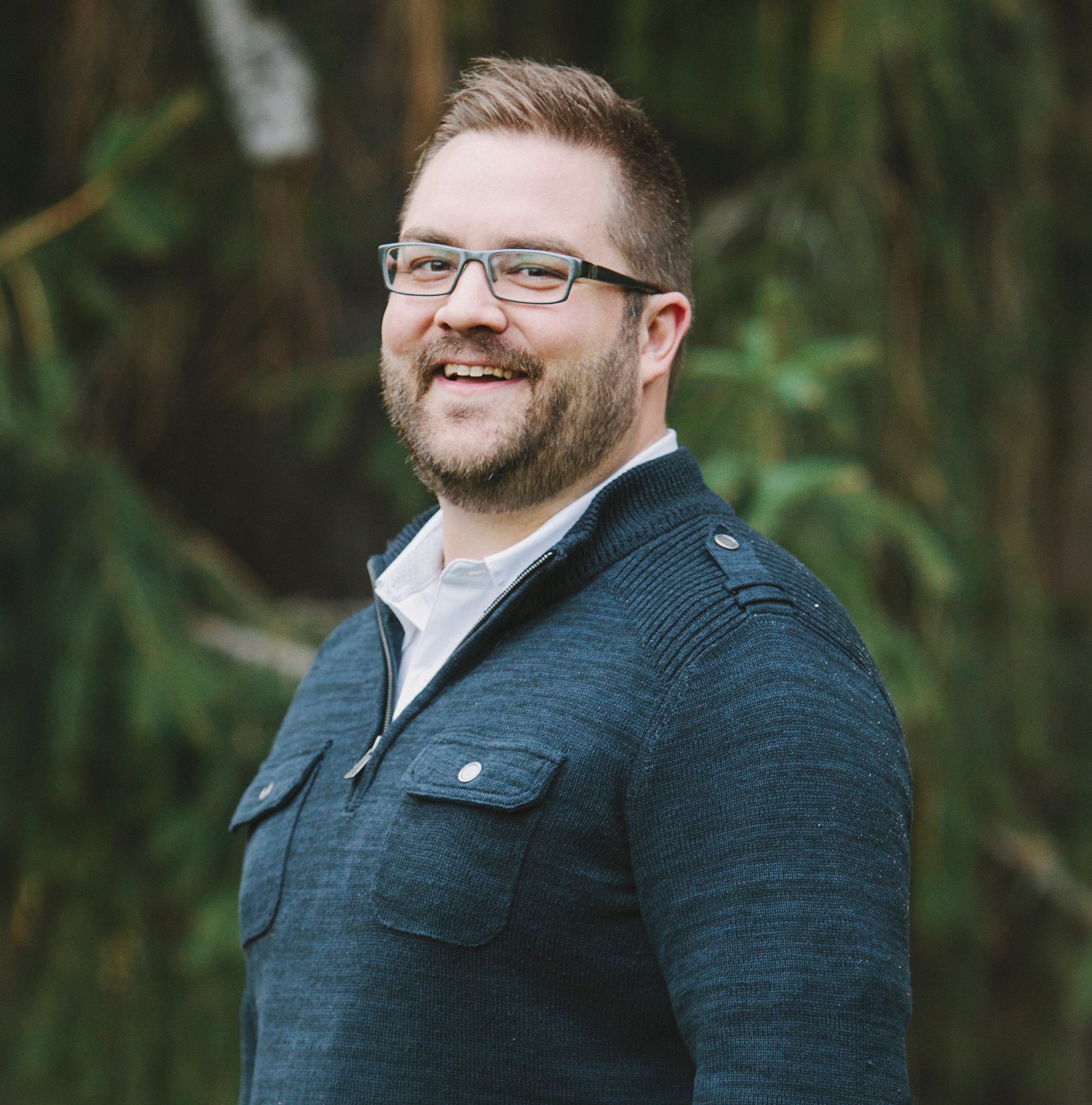How to Lose 70 Pounds (part 1)
How to Lose 70 Pounds (part 1)
11 months. 70 pounds. 22 inches. 3 pants sizes. 2 shirt sizes. And don’t get me started on the cycling outfits!
The changes to my body, as bodies go, have been fast and furious.
Last April, for really the first time in my life, I came to grips with the reality that I would likely never arrive at the station where I could place my weight on cruise control. It’s interesting, I’ve tangled with my weight since high school — even before perhaps. And all along I’ve dreamed of discovering some technique that would render ongoing attention to my health unnecessary. My implicit goal had been to find something that would help me ignore my weight or eating, freeing me to only pay attention to the matters I deemed important enough to earn my gaze.
Last April, with the help of several converging processes about which I will shortly describe, I accepted that a great deal of the damage to my body has already been done — that I’m stuck with that for good or for bad. I accepted the fact that things most likely would continue to deteriorate, and certainly that the dream of cruise control was a pipe dream; holding onto it only secured me more of the same. I realized several things in my life needed to change — and not for a “diet”, but forever.
In the Christian tradition, this realization coupled with change of intention, is typically labeled “repentance”. In Hebrew, the word implies “turning around” or “changing directions”. I had had a good couple decades of ignoring my body. And in April, I changed directions from that point of view — and with an open heart, began to think about what I needed to do in a permanent way, and how I would do it. It was a given in my mind that I would need help with this endeavor. I had worked through enough issues in my life up until that point that “lone-wolfing” it was not a good option for me. (In fact, asking for help is really what initiated the process. More on that later.) In the end, I came to the belief that going forward, living well in my skin given its condition would be far more fruitful if I thought about my morbid obesity as a disease.
It’s a touchy subject I know. American culture is obsessed with freedom, justice, with people getting only what they deserve (or less), with entitlement only for things we’ve earned. Through that lens, my 41 BMI frame was just reaping what I had sown — just as you are reaping the reward of your 20 BMI. And of course, there’s a certain degree of truth to this axiom. It’s even Biblical!
Thus, if I posit that my weight is a marker of a disease I’m suffering through, you might then feel threatened in your own sense of accomplishment. Because if I’m not a schleppy slob for being fat, then you might not be able to feel quite as superior to me for being thin.
Get over it.
Obesity is best understood (especially by those who are obese) as a kind of disease (vis-a-vis the recent decision by the American Heart Association to recommend treating it as such). Accepting this as truth is a core reason I no longer am on blood pressure, pre-diabetes, cholesterol, and anxiety medications. It’s behind the fact that I can’t fit into my old clothes. That my resting heart rate has dropped by 20 beats per minute. That I can jog for 3 miles today without stopping or falling to the ground wheezing.
I’m sure there are other paths to weight-loss and physical health. But for me, accepting obesity as an illness was absolutely essential. A key reason is that it concurrently allowed me to have mercy on myself while also moving forward with tangible action. This is actually something my dad taught me in his process of recovering from substance addiction. Giving myself grace for who I had become, for how I had suffered, for what I had chosen, for what I had inherited — this was absolutely essential for me to get healthy.
And of course, grace is nearly always controversial. It gives blessing and kindness in place of justice. It ensures the recipient a gift instead of earned consequences. It’s not fair. It brings up anger in others who worked hard to get a similar reward.
Grace. That was my first step. And as it has so many other times in my life, it changed everything.
And as is the case with nearly anything worth while in life, after making that decision in April, I have subseauently put forth a massive amount of effort to continue with the change. If you know me well, you know this. I love the statement by the (recently) late theologian Dallas Willard (which applies aptly to my story) —
“grace is not opposed to effort, it is opposed to earning”.
Yes. I’ve reaped a much better harvest than I’ve sown with regards to my health — and I’ve worked my rear end off (quite literally haha!).
My process thus far has included a great deal of education, expense, doctors appointments, nutritionists visits, and experimentation. Oh — and the money. Mercy. I was certainly spending a pretty penny on my health as it was, but the past 11 months have required quite the outlay. My hope is that it will be a good investment! I think I intuitively knew this effort would be necessary for me to get over the hump, which is part of the reason I think I dragged my feet on making the decision for so long. (I wanted to put energy into other things instead remember? Is that laziness or just shrewd investing? I’m still working through that quandary.)
However, as it slowly became clear last spring that that equation (eg. putting off the investment in my health in place of other more important things: parenting, ministry, my marriage, etc.) wasn’t yielding a net gain for me in the big picture. I could see the writing on the wall that my health would inevitably take away the things I cared about most if I didn’t engage a little bitter. The options in my mind were truly not equally weighted in reality.
One thing I’ve learned thus far is that through front-load investing in my health, all my other time has seemed to multiply in both joy and productivity.
Losing 70 pounds does a lot to ones energy level.
Last April, after listening to me express what was essentially despair over my inability to get my weight to budge downward more than 15 or 10lbs without dashing back up, my doctor made a suggestion. Now let me just tell you outright; I have some baggage when it comes to physicians (I willingly admit that I have some work to do yet in this area). Never-the-less, my experiences are not irrelevant to my story. That appointment wouldn’t be the first time a doc has told me what to do with regards to my weight. It’s been nearly 10 years since I was first started on blood pressure medication by a gruff D.O. who tongue-lashed me at length for being too young for such a pill. I have long since quit attending my employer’s health screenings out of frustration at the shaming their appointed doctors put me through twice a year.
But my current primary care physicain (a member of my local church and now actually my neighbor!), unlike many others over the years, didn’t begin with a platform of prejudice, criticism, blame, or shame. In fact, over the course of our 5 year long professional relationship, he has consistently demonstrated first and foremost, magnificent listening skills. He takes more time with me than he probably should in terms of pure economics. Our conversations haven’t been based on how much of a screw up I am. They haven’t been predicated on first establishing the fact that I am in fact morally wrong for not having good health. Instead, he listens. And I think this past April when I shared in his office, he truly heard me. I think he may have even felt my despair a little bit. That mattered.
Over the years we had worked together, he had seen me lose 10 or 20 pounds at least three times, only to see me regain even more. He had prescribed me medications; he knew about my forays in the psychological realm to help resolve my obesity (which I still consider valuable and useful); I had gone on a sleep apnea machine; I had been transparent with him about my diet; I had worked at it and he had witnessed that. But my ship was listing — and last April I felt like giving up. That’s despair.
As I sat in his office, he asked if I had ever considered bariatric surgery.
Shocked that this was where where we had arrived, I snorted “No”, while also probably rolling my eyes. I was honestly shocked by the suggestion.
“Why not?” he asked with sincerity.
Oh shoot, he’s serious, I thought to myself.
“I dunno, isn’t that just quackery? It doesn’t actually work does it? It’s just the easy way out and people who get it done end up right back at where I’m at now — or worse!” I replied.
He stuck with me. Apparently my assumptions and judgments about that mode of treatment were not entirely correct. (Perhaps yours aren’t either).
“You might want to read a little bit about it,” he replied, explaining that the research was pointing more and more in the direction that surgery is actually quite effective— that for people as heavy as me, it is appearing more and more to be the only known therapy to be widely effective.
So I took his advice. I did some reading. Quite a lot actually.
Nih.gov (the national institute of health clinical research center) became my friend. I learned, for example, that 93% of bariatric surgery patients see a long-term (15+ years) durable weight loss of at least 50% of their excess weight. I found that morbidly obese men with at least a BMI of 40 (as I was) have a 1 in ~1,200 chance of achieving a healthy weight using the usual suspects of diet and exercise alone. I discovered that there are rather large (albeit somewhat underground) communities of people who have undergone this process and who are thrilled with the results — many of whom I had known or now know personally. I was astounded at their nearly universal positivity about surgery. Truly.
Over the months that followed my initial research, I went on a very, very, careful journey of exploration into the subject. I attended seminars, I focused hard on my eating and exercise, I talked with friends and colleagues who had had the procedure themselves, I initiated sometimes uncomfortable conversations with the people in my life I trust most. Not everyone was in agreement with the suggestion (as of course, I was not either at first). Many reacted to the idea much as I had back in April.
What surprised me though was just how many people told me I wasn’t heavy enough to be considering such an option. “You don’t need THAT Kris!” they would say, citing my height, muscular build, and decades long history of largeness. Part of me thinks it’s because I carry my weight well, that they didn’t really appreciate the fact that, for example, my liver enzymes had been elevated for years due to my weight. Another part of me wonders if some reacted negatively to the idea because of the implied threat I described at the beginning of this post: if I change, it might beg a change in how you see me…how you see yourself. That’s no fun.
In any case, my process of research and advice-seeking was equal parts therapeutic, enlightening, and relationally deepening. I’m deeply grateful to all those who walked with me over the past months (and years) — whether they ultimately agreed with my choice of action or not!
By the end of the summer, I had dropped 20lbs. No small feat, but one I had quite literally accomplished many times in my life. Two months later, I was up 5 (as had become the norm; and as I learned, should be expected from ‘dieting’ behavior). In September, I was informed that I had been approved as a candidate for surgery both by the clinic in Spokane and by my insurance company. This felt shocking because I literally had put no anxiety or energy into worrying about the approval process. I figured that if it was supposed to happen, it’d work itself out and that I was open either way.
I insisted that my surgery date was tentative, I swear, until about two weeks before. I knew I had made my choice. I knew this was the right thing. But the comfort of having the option to opt out was somehow helpful.
I’ll outline more about these details in the concluding post on this topic. But suffice it to say that December 2015 was quite the roller coaster ride for me and my family.
I’m still giving myself grace daily, as I believe in my core that God is as well. And as most of us know, it’s incredibly easy to slip into old patterns of thinking or behavior — insisting that everything is my fault, good and bad — that I get to take all the credit for my victories, and hide in the shame of all my defeats.
Grace says I cannot be reduced to a number.
Grace invites me to work hard in hope and joy, with open hands for whatever what will come my way.
Grace set the stage for the changes I have thus far enjoyed, it fueled them, and it sustains them.
Grace announces I get to have my cake and eat it too. (Well, not so much cake these days, but you get the point).
Grace promises even more for my future.
How to lose 70 pounds?
First, embrace grace.
+


